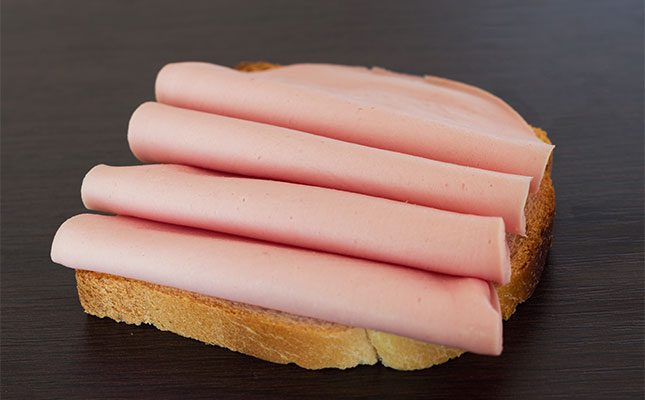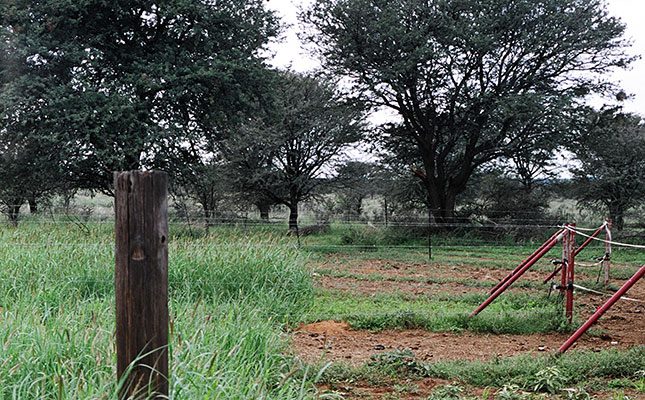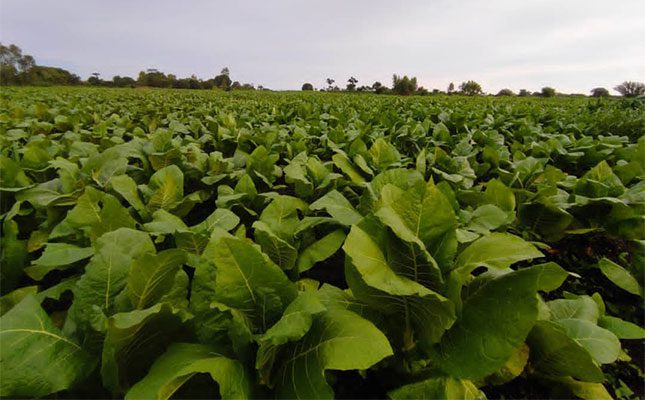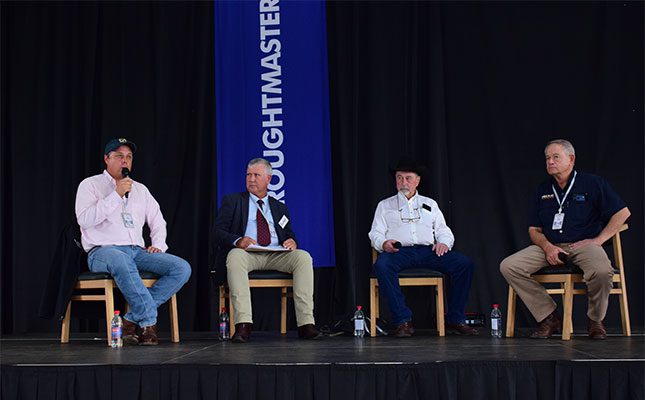
South African food processors and resellers are gearing up for the resumption of poultry meat imports from Brazil, with expectations of early shipments of mechanically deboned meat (MDM) to arrive in the week of 18 August.
However, Merlog Foods, a major player in the industry, is urging authorities to move with the times and make use of a digital veterinary health certificate system to speed up the passage of poultry shipments through customs.
READ Navigating the legal landscape for emerging poultry farmers
In a statement, the company pointed out that veterinary health certificates for poultry exports from Brazil were issued as hard copies and secure electronic records, the latter accessible via an internationally recognised online portal.
“The Border Management Authority and the Directorate of Animal Health under the Department of Agriculture already have access to this online system,” it said.
“Currently, even when poultry shipments are pre-cleared using the online system, the poultry is held at a South African port until the original paper-based certificates arrive, which delays its release for sale by at least seven to 10 days.”
According to Merlog, the ongoing requirement for original paper-based veterinary health certificates, despite their delayed issuance and delivery, creates a bottleneck in the supply chain.
“In contrast, Brazil’s online veterinary certificate verification system is secure, widely used by global trade partners, and was previously accepted by South African authorities during the COVID-19 pandemic.
“After months of disruption to poultry imports, we urge the Border Management Authority to align port inspection procedures with modern, technologically based practices. Formalising the use of electronic verification systems would streamline trade while maintaining food safety and compliance,” Merlog manager Georg Southey said in the statement.
South Africa has sourced most of its poultry imports from Brazil for eight consecutive years. According to the South African Poultry Association (SAPA), Brazil accounted for 81,3%, or 337 602t, of imports, two-thirds of which were MDM.
However, all poultry imports from Brazil were halted in late May 2025 due to an outbreak of highly pathogenic avian influenza (HPAI) in one of that country’s states. The ban was lifted late in June.
“We expect volumes to build up over the next two to three months, which will help stabilise the local protein market and ensure processors have access to key inputs such as [MDM],” Southey added.
MDM is a paste used in the manufacture of polony, viennas, and other processed meat products popular among lower-income households and commonly used in school feeding schemes. Delays in releasing MDM into the market directly impacted food affordability, with an estimated 100 million meals lost for every week of delay.
Merlog has also called on government to finalise a regionalisation protocol with Brazil. This would allow imports from states unaffected by HPAI to continue should there be another outbreak, rather than prompting an immediate nationwide ban.
Overall poultry imports for South Africa are expected to drop this year compared to 2024. According to SAPA’s Poultry Bulletin, between 80% and 90% of South Africa’s chicken imports were MDM, and imports of the protein paste increased by 22% in April. Meanwhile, widespread HPAI outbreaks in the EU and US had limited poultry import volumes from those markets.
Get trusted farming news from Farmers Weekly in Google Top Stories.
➕ Add Farmers Weekly to Google ✔ Takes 10 seconds · ✔ Remove anytime







